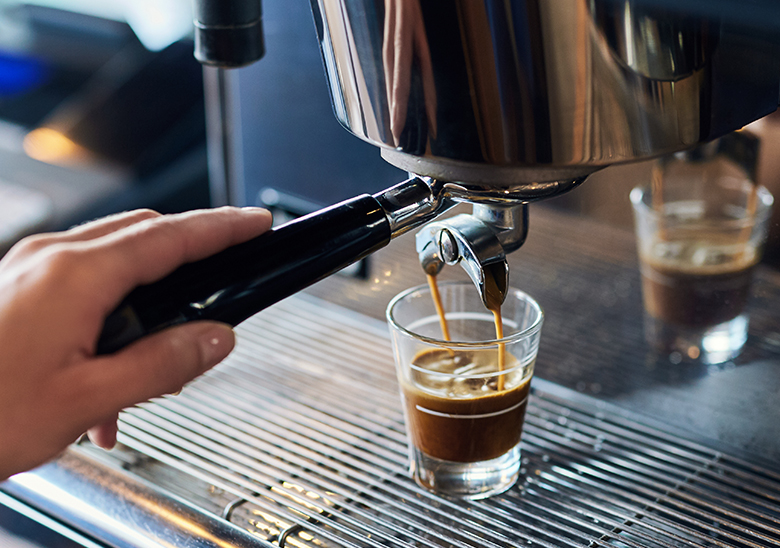Using pure water to brew winning coffee
There are many factors that affect the taste of coffee, but one of the most important is water.
Water makes up as much as 98% of each cup of coffee, which means that it’s the main ingredient in every single cup you drink.
However, what people don’t know is that water hardness and mineral content both have a significant impact on the flavour of your coffee. This is why it’s important to use clean, fresh, filtered water to make the most of each cup you brew.
Read on to learn more about how and why water quality affects the flavour of your morning brew, and to understand why so many coffee shop owners, baristas, and home brewers insist on using Pentair systems.
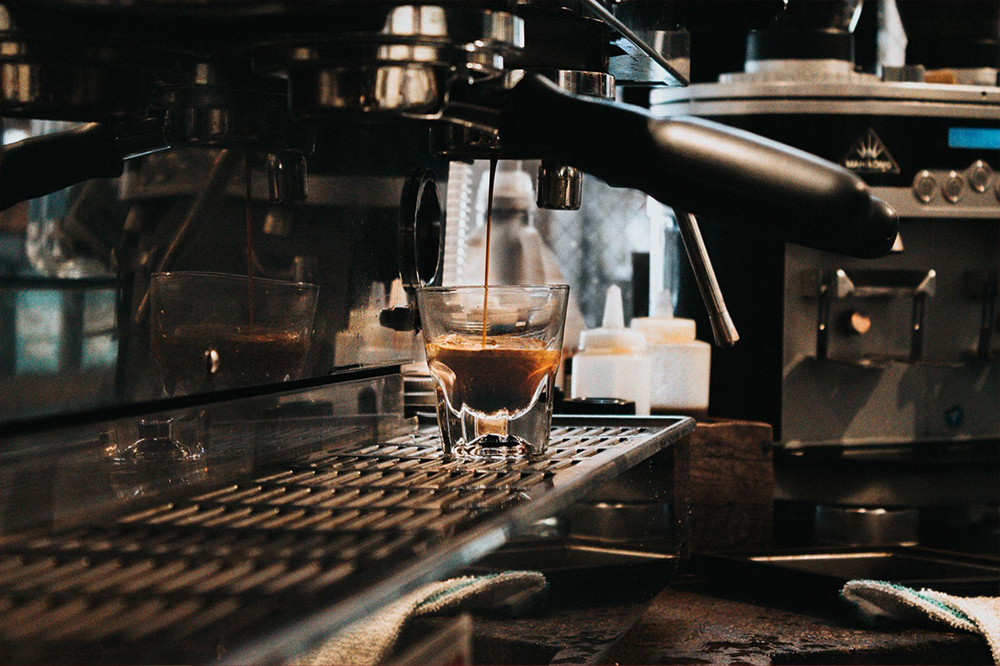
Using clean water to brew coffee: A breakdown
In order to be perfect for brewing coffee, water should be odourless, with a neutral pH and no additional flavour.
Furthermore, its total hardness (the amount of calcium and magnesium in the water) should be balanced. If there is an imbalance, the flavour compounds in the ground coffee will not extract properly, causing the cup to taste either chalky or flat.
The same is true for the level of carbonates and bicarbonates in the water. High levels of both will stop the flavours and aromas from being fully extracted from the ground coffee, while too little will lead to an acidic cup profile.
To help coffee brewers manage the quality of their water, the Specialty Coffee Association (SCA) has published several standards for brewing water over the years.
Today, its Water for Brewing Standards defines an acceptable pH range of between 6 and 8, optimal hardness of 50 to 175ppm CaCO3, and 40ppm as acceptable for alkalinity.
Ronny Billemon is our Area Sales and Key Account Manager for Benelux & Nordics at Pentair, as well as a WQA Master Water Specialist and Master Barista.
He tells me that as well as hardness, pH, and alkalinity, you should also monitor the level of total dissolved solids (TDS) in your water. TDS measures the amount of inorganic and organic materials in your water (such as metals, salts, minerals, and so on). Many water suppliers will have this information readily available in a detailed report, but if they don’t, you can always ask.
“For brewed coffee, where the barista is focused to deliver more fine flavours and aroma, a lower TDS (somewhere between 60 and 80 mg/l) is preferable," Ronny says. He does, however, note that TDS levels can be a bit higher for espresso brewing (up to 120 mg/l) as the objective is generally to develop a bolder and more intense flavour in the cup.
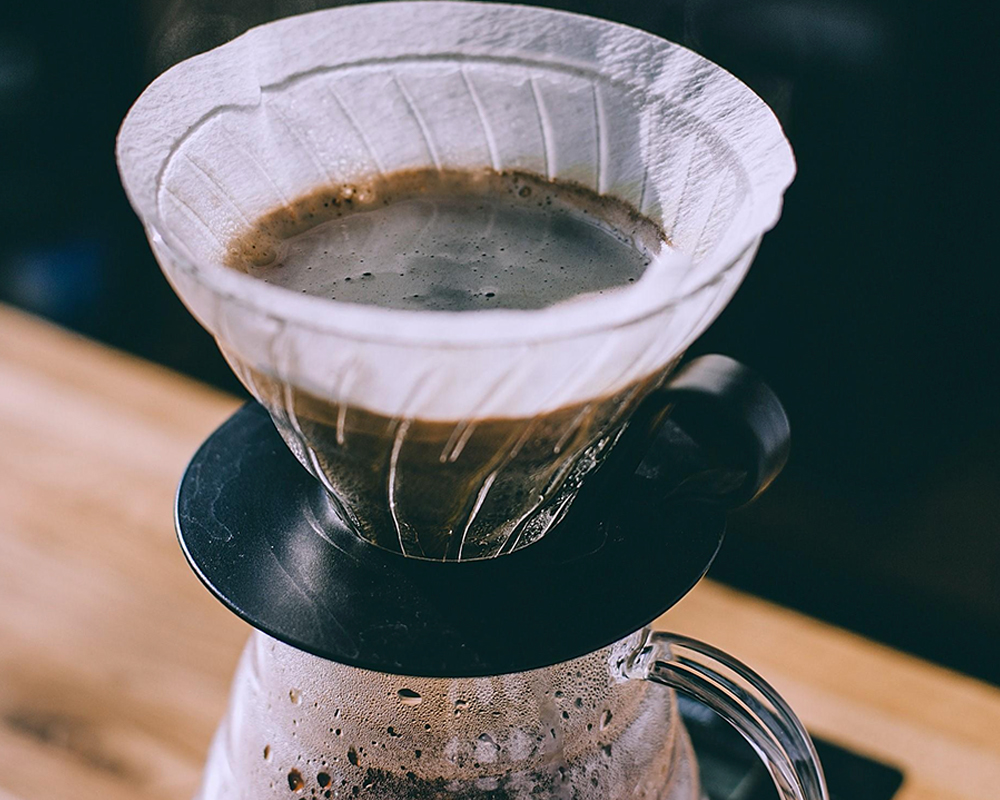
Providing pure water at the World Coffee Championships in Milan
Host Milano is a biennial event which showcases the latest and greatest technology in the coffee industry. For Host Milano 2021, the city welcomed more than 2,200 brands and some 80 events, including the World Coffee Championships (WCC).
The WCC encompasses a number of different events that feature some of the most skilled professionals in the coffee industry. As such, quality standards, precision, and consistency are of the utmost importance. This is why Pentair has been the official global water sponsor for the WCC for more than ten years.
Leveraging our foodservice expertise through the Everpure brand, we used Pentair technology to handle all water for both the World Barista Championship and the World Brewers Cup. This ensured all water used by competitors was of optimal consistency, hardness, and TDS levels, and subsequently that it was compliant with WCC water specifications.
This is why, as well as being used for these events, Pentair systems are also found in cafés around the world, bringing better water and tastier coffee to thousands of consumers and industry professionals. Many foodservice clients even use our Total Water Management solution: a dedicated program that customises water filtration for all a brand’s beverage needs.
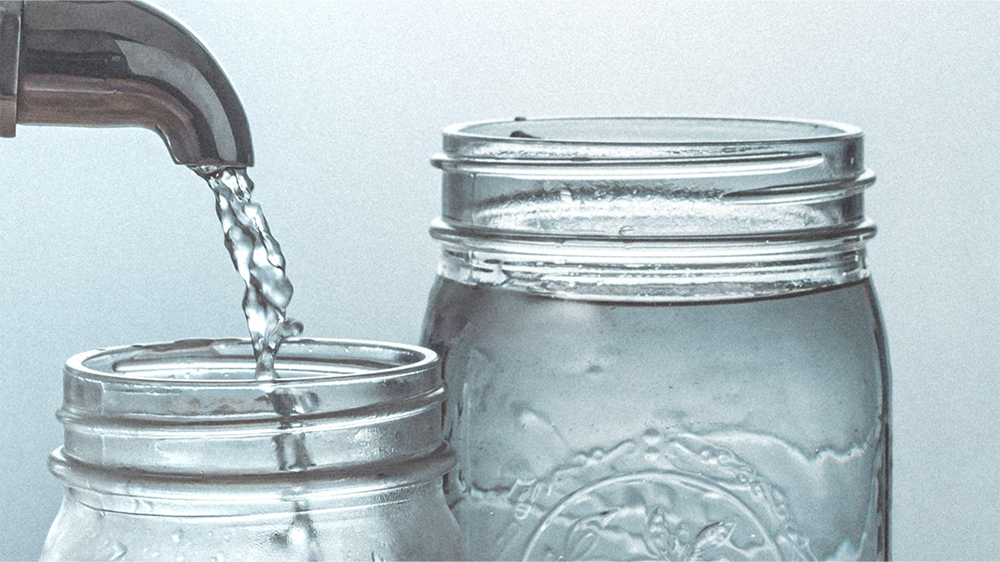
How does Everpure help baristas brew delicious coffee?
“Our tap water isn't like it was ten years ago,” Ronny explains. “Its mineral composition is changing because of human influence and the new sources we are using to fulfil increasing water demand.”
This means that, more than ever before, baristas need to manage the water they use. As well as ensuring optimal extraction for each cup of coffee, water treatment also protects their expensive equipment investment from limescale and corrosion issues.
“As baristas, we love to have a lot of calcium and magnesium and fewer carbonates in our water,” Ronny says. “However, if you’re not careful, this balance can create water that can destroy your equipment.”
Depending on the composition of the tap water you use, you may need physical filtration to remove particles or chemical filtration to reduce chlorine and minerals. Reverse osmosis systems can also be used for water which contains a large amount of contaminants.
Our Everpure systems treat water by reducing chlorine, removing cloudiness and improving clarity, reducing hardness, balancing mineral content, and reducing scaling.
There are a variety of sizes and concepts available, depending on the local water quality, your equipment requirements, and shop owners’ expectations.
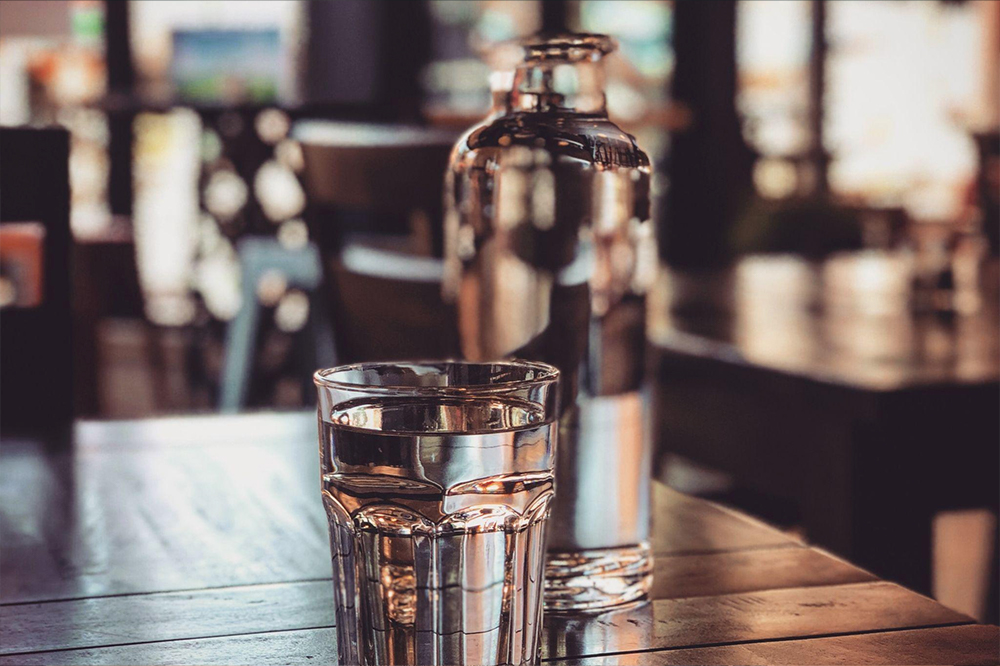
Through our Everpure systems, we help both barista competitors and foodservice businesses brew world-class coffee. Using properly treated water means they can serve consistently delicious beverages, which helps them compete on the international stage and ensure that customers keep coming back for that unique coffee experience.
Water treatment is getting more and more attention in the coffee sector, and for good reason. As water makes up more than 98% of each cup you drink, it’s worth making sure that it is as clean and pure as possible. With the guidance of a trained water technician and the proper treatment solution, you can get the best out of your beans to brew delicious coffee time and time again.
